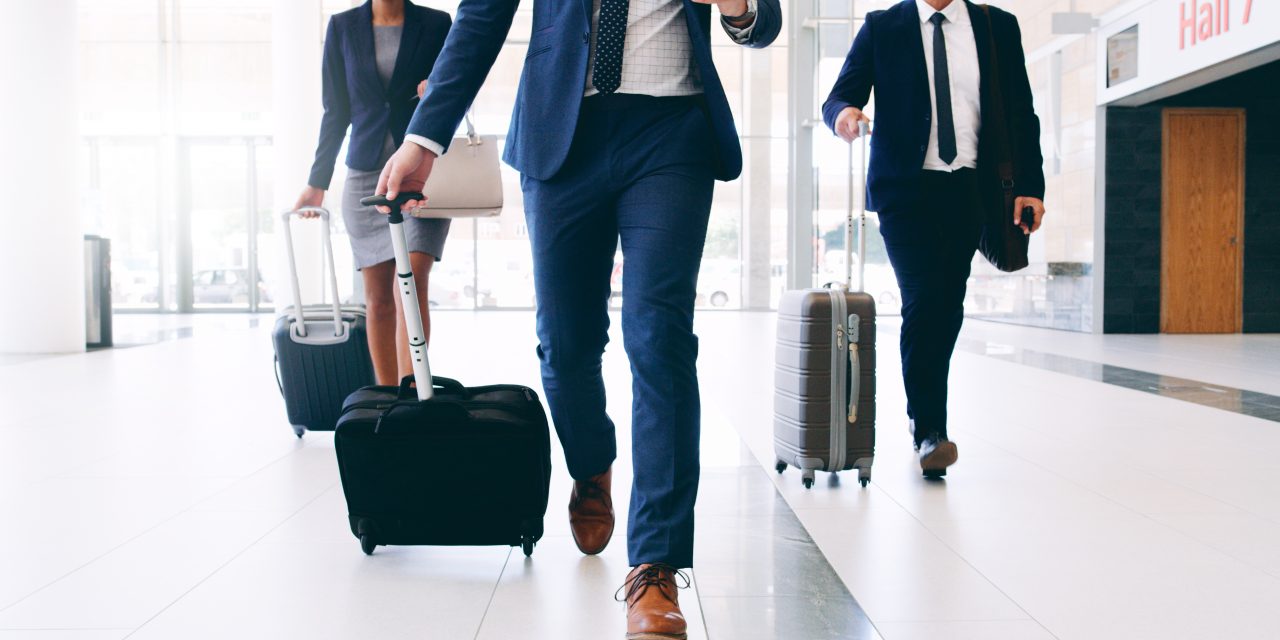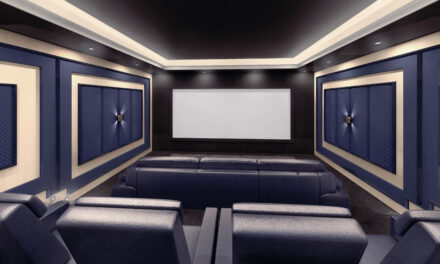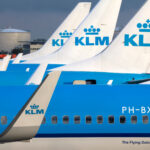A recent survey by AltoVita has shown the true situation of the flexible rentals business in the wake of COVID-19. In the past year, 90% of industry leaders have acquired new technology with more than two-thirds offering malleable cancellations.
AltoVita, in their survey which included key players in the malleable global rental sector, reported that 59% of the rental sector are witnessing a demand for more spaces while 68% is witnessing an improved demand for a longer duration of lodging.
The survey asked respondents about the impacts of COVID-19 on the Business Travel sector including growing expectations of guests and all the tweaks made to the inventory. The survey was carried out in conjunction with Serviced Apartment News and ShortTermRentaz.
Reevaluating Guest Expectations
The exigencies of the COVID-19 pandemic meant that millions of employees had to work from home which has significantly increased the “work from anywhere” trend. The survey geared at creating WFA spaces showed that 43% of respondents had high-speed internet as a priority, 29% were more interested in providing office spaces and desks while 9% wants laptop-friendly surfaces. 74% went for monthly leases when asked to choose the best lease structure that supports working from anywhere.
Flexible cancellation policies became paramount in the wake of COVID-19 due to illnesses caused by the pandemic and the isolations which were very common. 68% which amounted to more than two-thirds started to offer flexible cancellations in the wake of the pandemic. Another 12% added check-in date flexibility to their flexible cancellation policy. A small portion (3%) reduced their minimum stay requirement.
There is a noticeable improvement in neatness with the WHO standards forming the model as observed from the results of the survey. Cleaning, which climbed to 44%, contactless check-in which climbed to 37%, and contactless technology (10%) became regular features.
A Catalyst for Technology
The results of the survey showed that technological investments climbed to 90% over the past year. These tools include Property management which went up by 28%, API connections to other services (28%), customer relationship management tools (28%), and contactless entry which sits at (25%). 69% of the workforce is projected to be rehired at the end of the pandemic which had led to the furlough of a good deal of workforce.
The COO & Co-Founder of AltoVolta, Karolina Saviova stated: “Prioritising safety, security, and duty of care is vital, and we want business travellers to travel with confidence and feel supported through their journey as business travel moves toward pre-pandemic levels. Almost all (96%) of our partner network and clients feel a pent-up need for travel, and industry players have really stepped up to focus on guest expectations and comfort. There is no doubt that technology will play a pivotal role in guest experience delivery and quality monitoring in the future. ”
A comment from the editor of ShortTermRentalz, Paul Stevens reads: “It is clear from our discussions with other industry leaders in the short-term rental space that guest expectations have become more defined than ever as a result of the pandemic. Due to the accelerating convergence between hospitality and real estate asset classes, particularly with more hotel companies venturing into the rental segment, travellers are more open to booking alternative or ‘niche’ private accommodations, but, on the other hand, they are increasingly unwilling to compromise on the exacting standards they’ve come to expect from hotels that make their stay so seamless, including smooth booking processes, cleaning, and the amenities on offer.”










